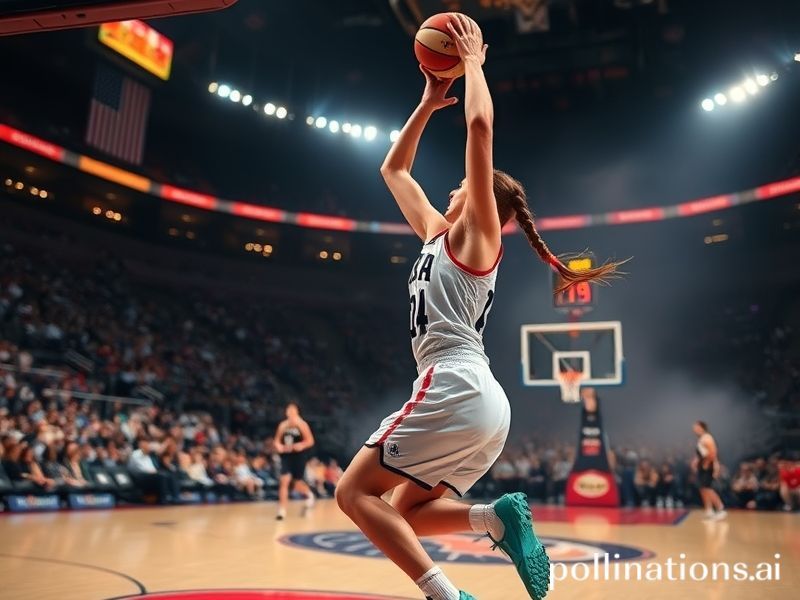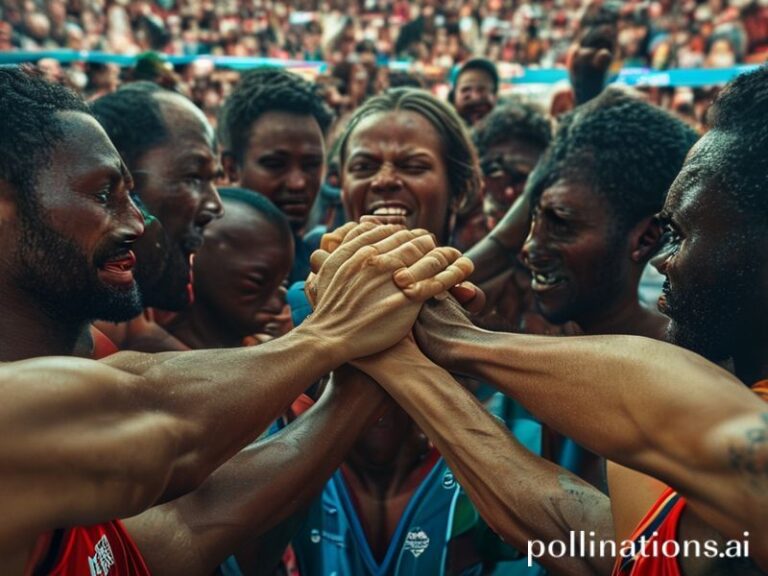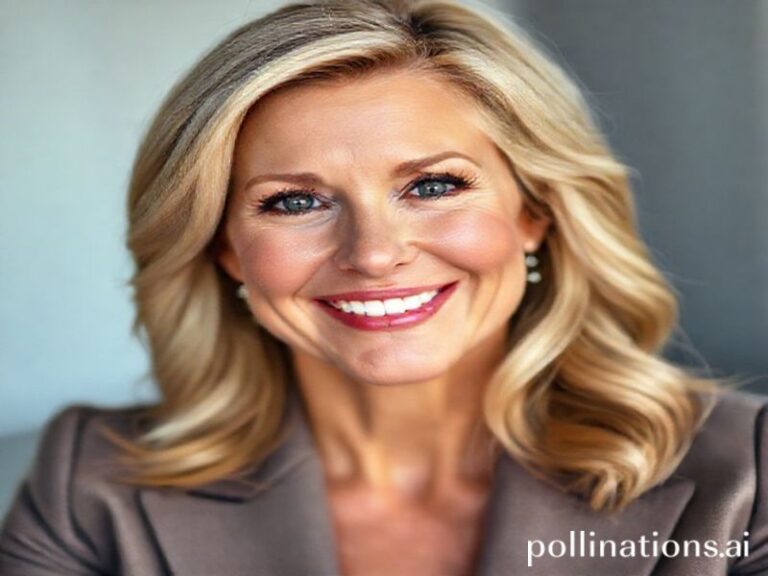Breanna Stewart’s World Tour: How One Quiet American Annexed Global Hoops Without Firing a Shot
Breanna Stewart: The Quiet American Empire Builder in Sneakers
By Dave’s Locker Global Bureau, somewhere between the Aegean and an overpriced airport sandwich
While the rest of the world obsesses over whether European monarchs can still wave without pulling a hamstring, Breanna Stewart has spent the last decade annexing basketball courts the way nineteenth-century navies grabbed coaling stations. The difference is she actually gives the locals something to cheer about, and the collateral damage is limited to shattered ankles and Euroleague egos.
Stewart’s résumé reads like a NATO briefing: four NCAA titles at UConn (a quasi-independent state whose primary export is smug victory laps), two WNBA championships, one EuroLeague crown with Russian side UMMC Ekaterinburg back when oligarch money still flowed faster than their lawyers could launder it, and now a fresh deal with Fenerbahçe in Istanbul—Turkey’s most reliable geopolitical constant after stray cats. Each move is accompanied by the polite murmur of “globalization,” which is corporate-speak for “we’ll pay you in whichever currency hasn’t imploded this quarter.”
Her stat line—a tidy 23 points, 9 rebounds, 2.3 existential crises induced in opposing forwards per game—translates across languages and tax brackets. In China, they call her “Sīdì huá tè,” which phonetically sounds like “deathly heart,” an accidental poetry that Nike’s marketing team has wisely left untranslated. In France, they shrug Gallically and mutter, “C’est normal,” which is the highest praise a nation can bestow without surrendering. Even the Australians, who treat tall people the way Silicon Valley treats seed funding, admit she’d look good in a Boomers jersey if passports weren’t so… technical.
But Stewart’s true export is subtler: the illusion that merit still outruns money. Watch her drop 35 on a Tuesday in Shanghai, then fly coach to an unpaid Team USA camp because patriotism doesn’t cover upgrades, and you’ll grasp the cosmic joke. The same week FIFA’s men’s World Cup was busy measuring human-rights abuses in stadium units, Stewart was reminding us that women’s basketball exists in a parallel economy where excellence is still under-capitalized yet somehow over-scrutinized.
The geopolitical implications are delicious. When she suits up for Fenerbahçe, Erdogan gets a soft-power assist without having to jail a single journalist. When she headlines a World Cup qualifier in Sydney, Australian broadcasters momentarily forget that cricket exists. And whenever she returns to New York, Liberty ticket prices spike in direct correlation to Wall Street’s guilt over gender-pay-gap spreadsheets. One player, five continents, and a trail of soft influence that makes the State Department look like an underfunded travel blog.
Off-court, Stewart plays reluctant diplomat. Asked about Brittney Griner’s Russian detainment, she chose her words like a hostage negotiator ordering coffee: carefully, with extra foam. Her advocacy for charter flights in the WNBA—an issue so self-evident it borders on satire—has become a litmus test for whether a society believes women deserve to arrive at work without circulatory damage. Corporate sponsors respond with the enthusiasm of a teenager asked to clean geopolitical dishes: lots of sighing, minimal action, eventual Instagram post.
Still, the cynic’s handbook demands a prognosis. Stewart turns 30 this summer, the age when athletic prime meets actuarial reality. The cartilage in her right knee already speaks fluent weather report. Meanwhile, the planet keeps warming, autocrats keep monetizing sports, and viewers keep pretending that streaming subscriptions are a substitute for civic engagement. Through it all, she keeps scoring, the world’s most polite conquistador in high-tops.
Conclusion: Somewhere in a Zurich boardroom, an aging FIFA executive is Googling “Breanna Stewart” and wondering if she can be monetized by 2026. She can’t—at least not at men’s World Cup margins. But for the rest of us, Stewart remains a living rebuttal to the idea that influence requires volume. She conquers quietly, cashing checks in currencies that still buy groceries and leaving behind only the faint squeak of sneakers on hardwood—an audible reminder that empires, like knees, are temporary, but excellence translates everywhere the lights still work.







